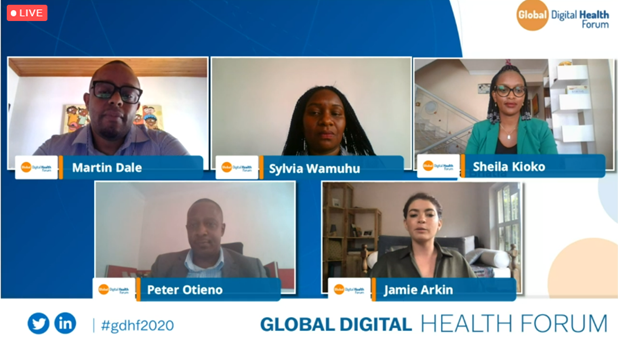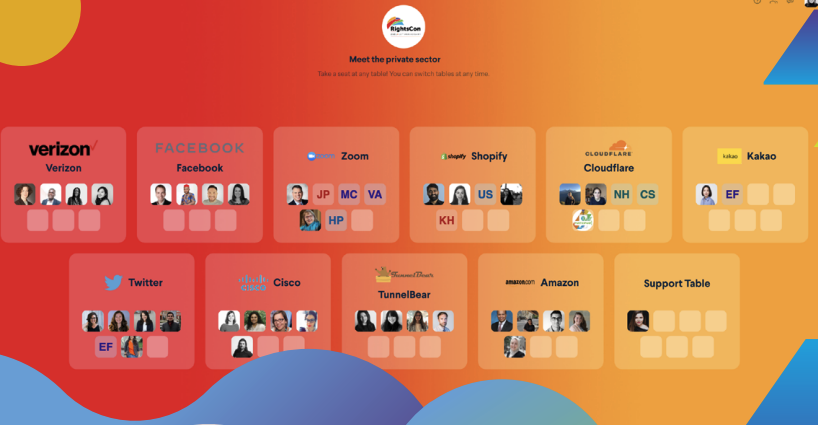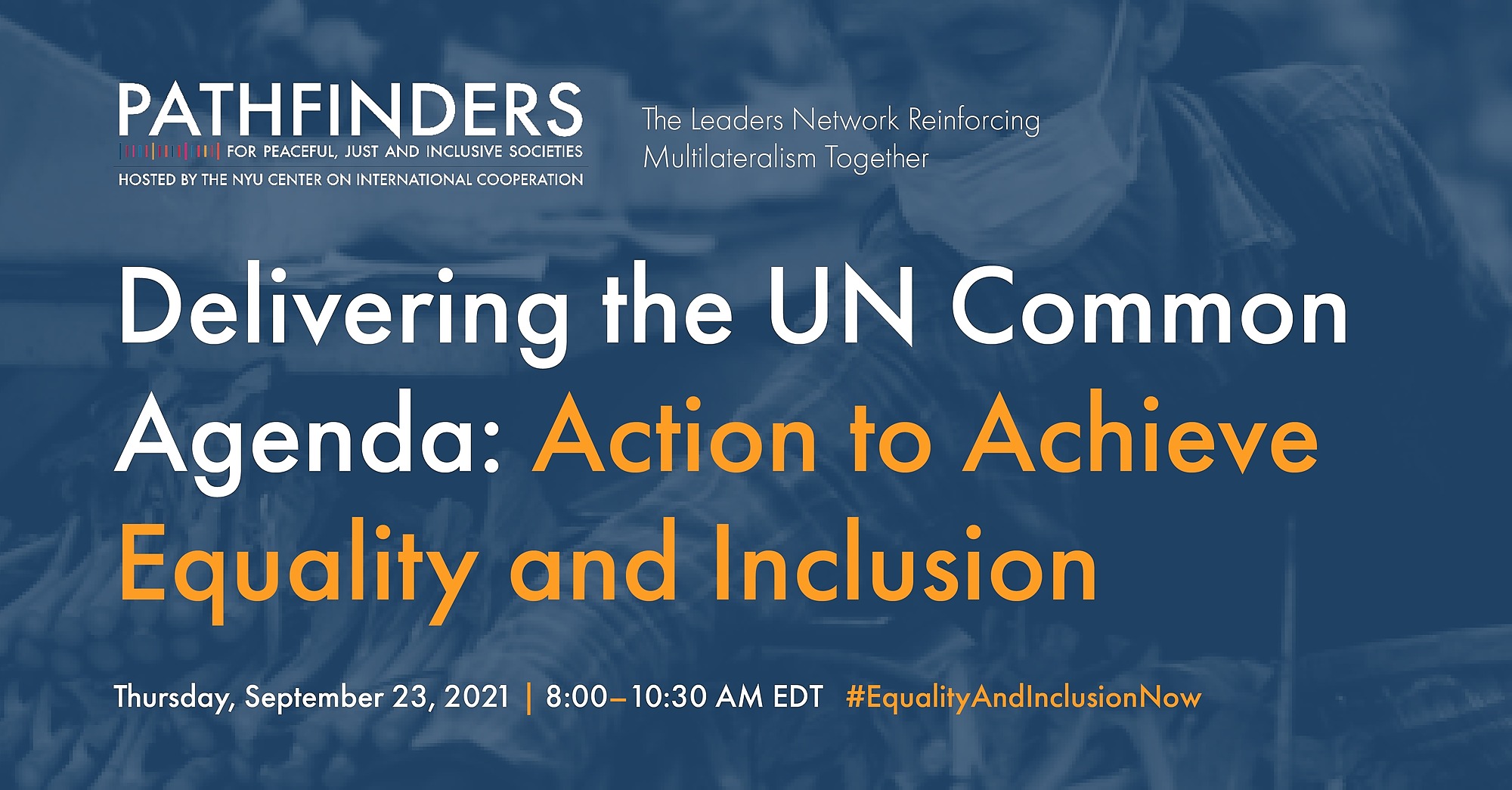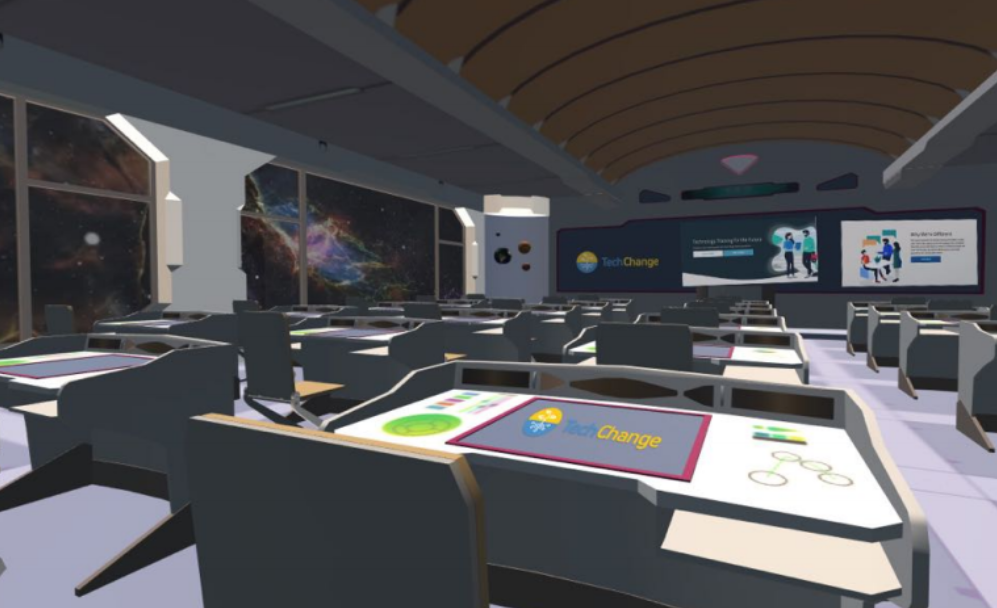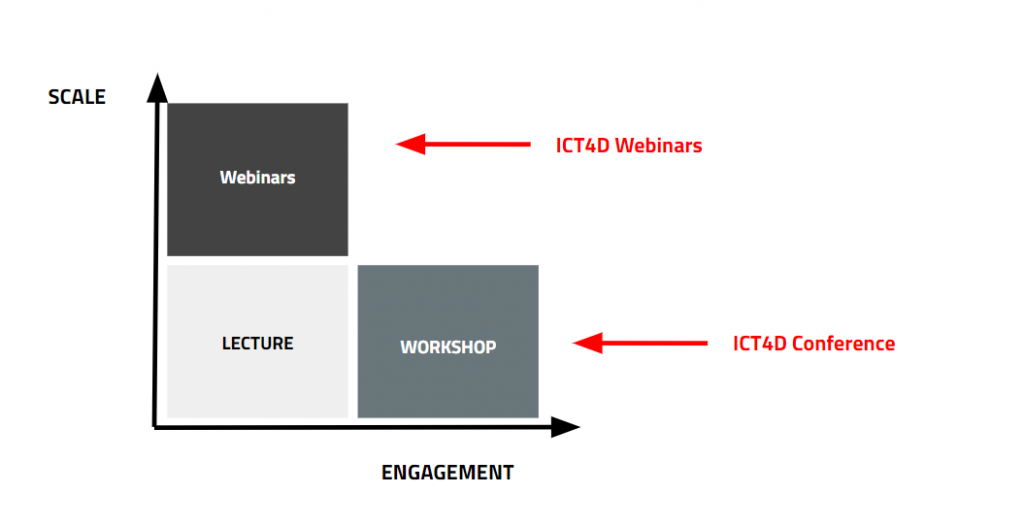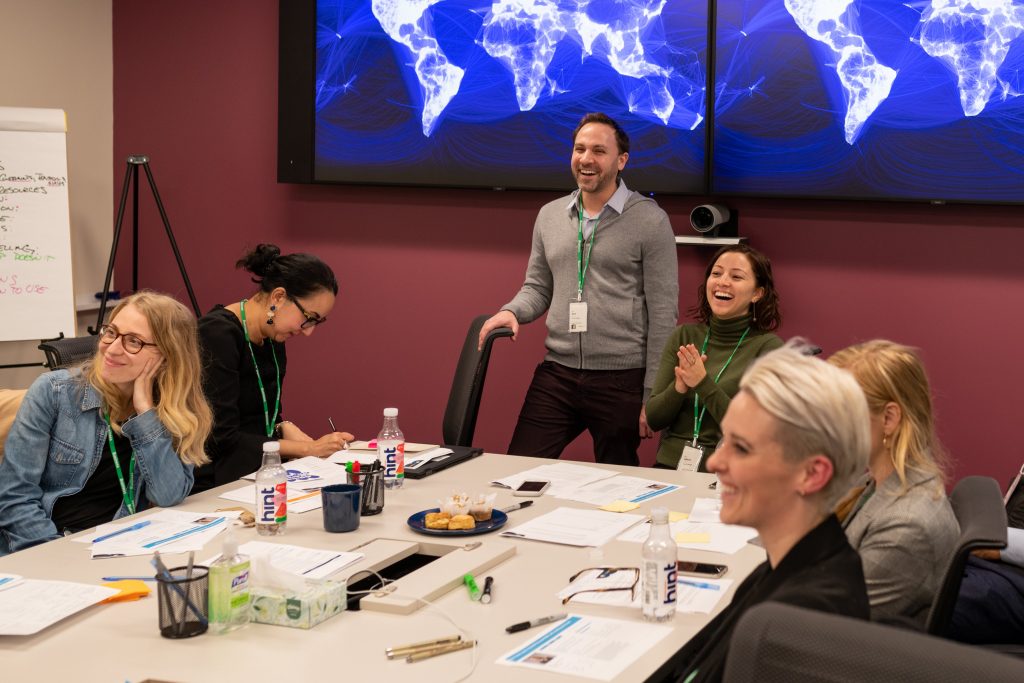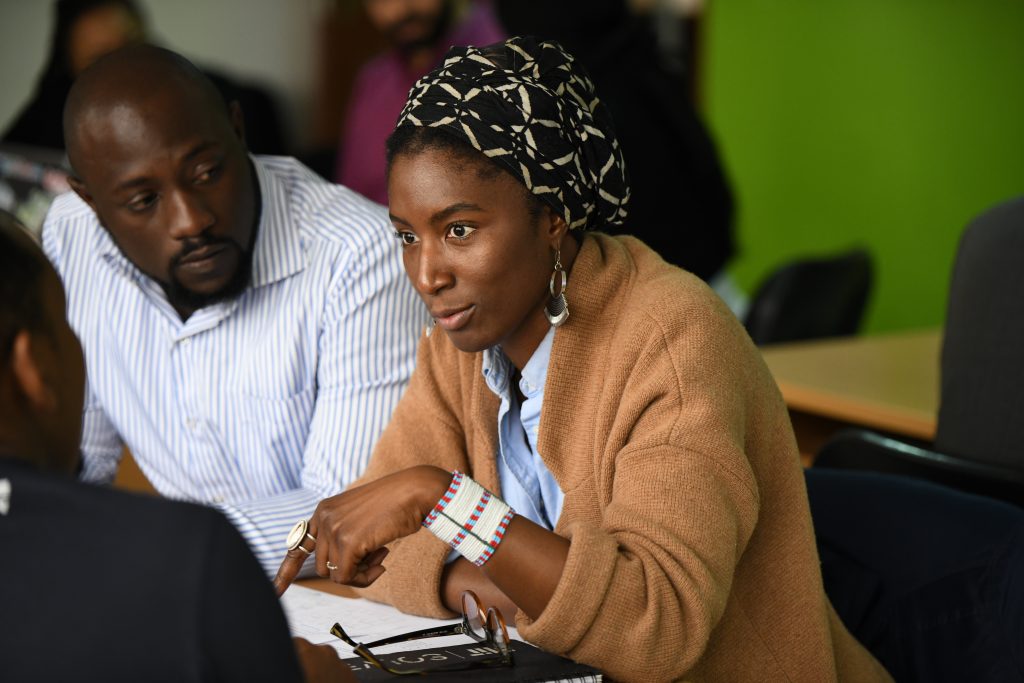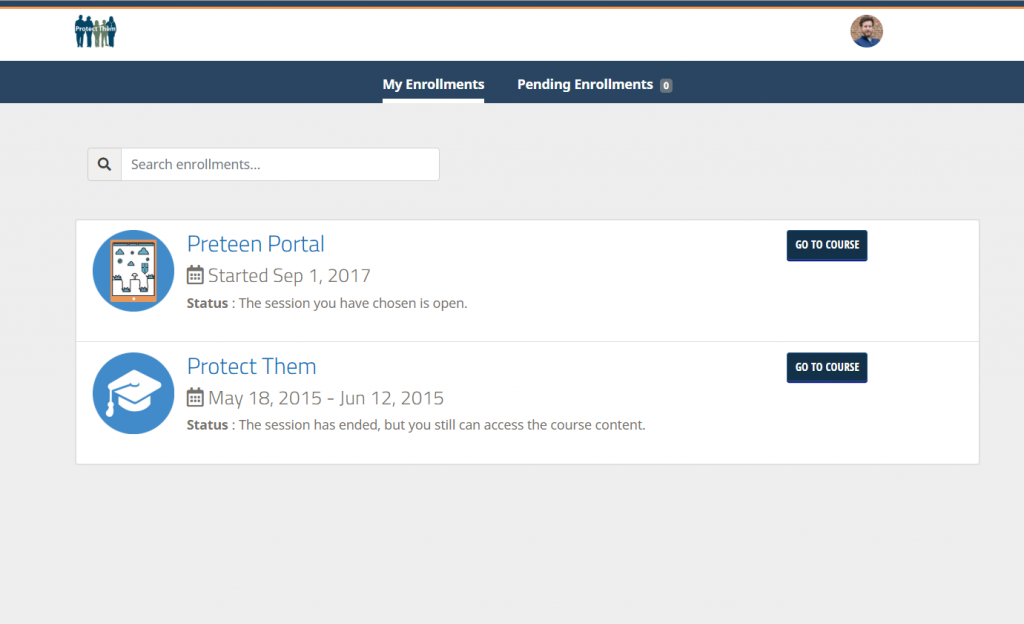As 2021 comes to a close, the TechChange team gathered online to celebrate our busiest year yet. So busy, in fact, that we had to break our annual “State of TechChange” into multiple parts. Part one will mention general staff updates, hybrid and virtual events, and community engagement events.
General Updates
Played our Virtual Board Game at GDHF2021! While we weren’t the organizing partner for GDHF this year, we did manage to play our board game with our partners this month at GHDF2021, where we moved the entire delivery online.
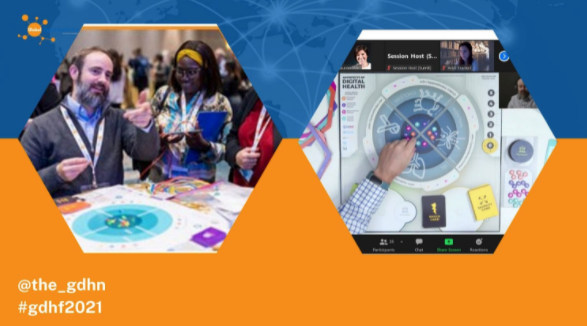
Launched our new Virtual Events overview video! To celebrate the launch of our virtual events department in 2021, we created a new overview video to share more about our approach, key features, and partner highlights.
Welcomed new team members! One advantage of being a remote-first organization is that talent is no longer restricted to the DC area.
- Lilly Snell – Project Assistant, Education
- Kayla Burch – Program Coordinator, Events
- Sheerin Vesin – Vice President of Business Development
- Marion Comi-Morog – Program Coordinator, Events
- Benjamin Seebaugh – Program Manager, Events
- Maggie Miland – Account Manager, Education
- Alexander Paone – Program Manager, Public Health
- Hana Geadah – Project Assistant, Public Health
- Samantha Remeika – Vice President of Partner Success
- Kristy Britt – Chief Financial Officer
- Momoka Keicho – Summer Fellow / Contractor
- Amanda Pettenati – Full Stack Engineer
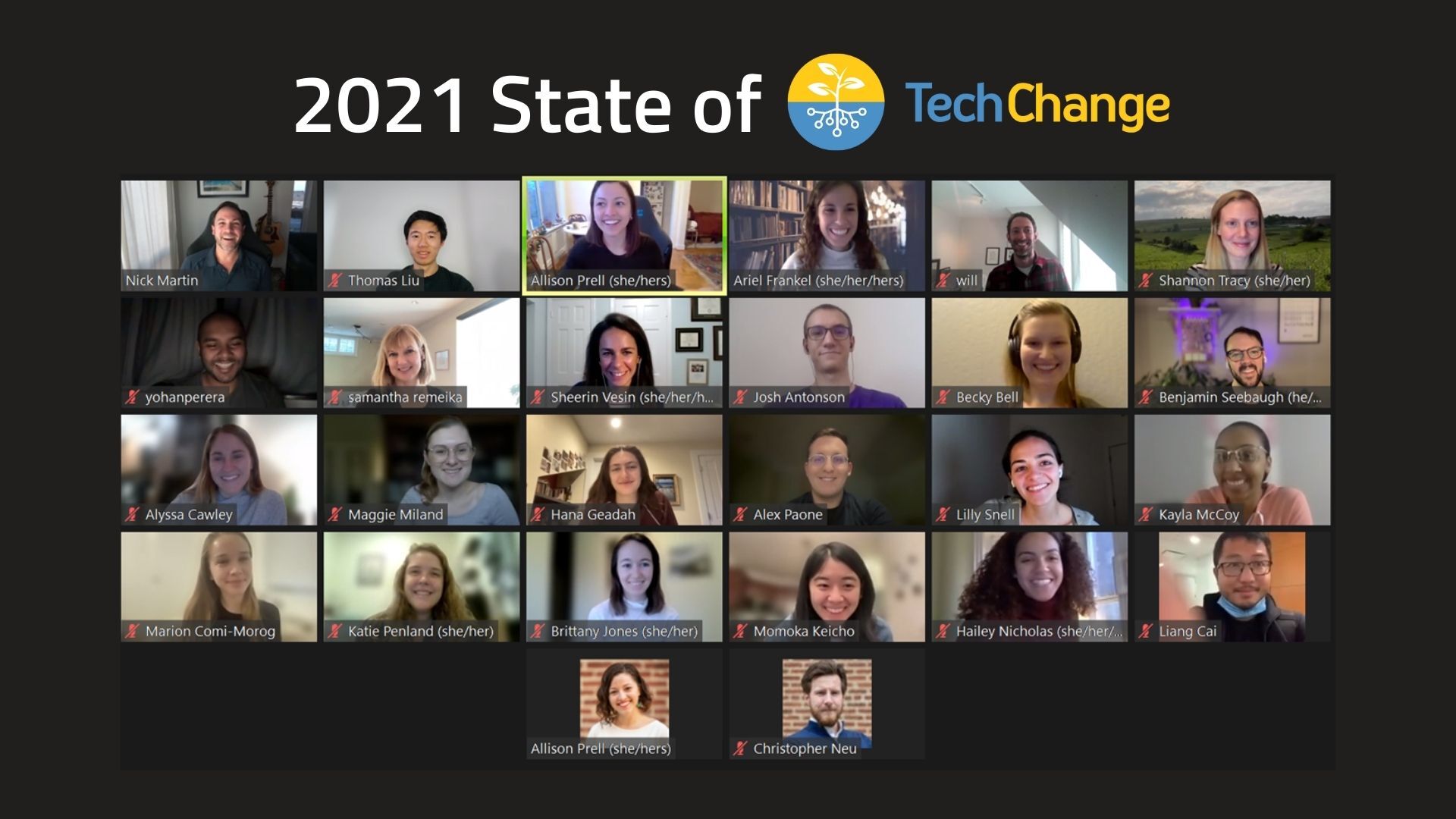
Celebrated the 10-year anniversary of our first hybrid event. While the virtual events team is brand new as a department, this September marked a full decade since we first supported a hybrid-first event. We’ve shared initial reflections, but hoping to continue to contribute to the conversation on improving the virtual events experience.
Coordinated a hybrid event in Kigali. While we had hoped to have a team onsite for the Africa Plant Breeders Association Conference this year, Covid restrictions prevented travel for core team members. Fortunately, we were able to partner with Rwanda-based partners and hybrid event experts Cube (who we had previously worked with on AGRF 2020) to deliver a successful coordinated summit experience.
Returning Events from 2021
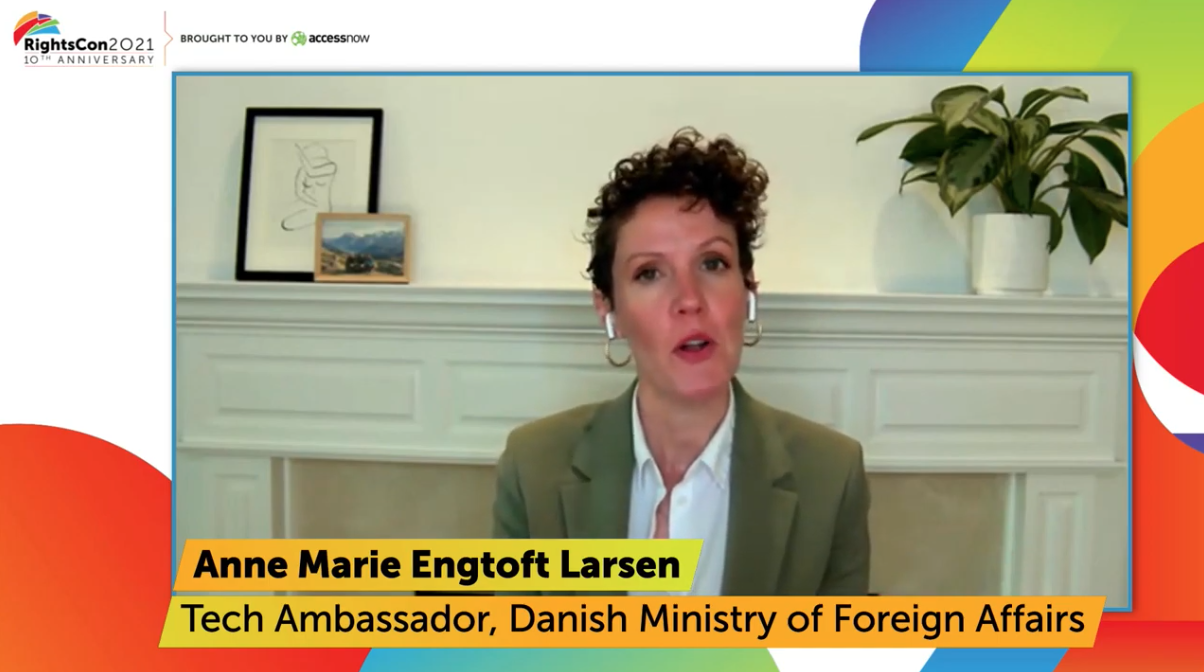
Every conference is an opportunity to better serve a global community unable to convene due to Covid. This year we worked with a number of 2020 partners to reflect on lessons learned, participant data insights, and speaker feedback to improve the event experiences. These included:
- Global Digital Development Forum – Building on the success of GDDF 2020 with 2,600 participants, GDDF 2021 focused on multi-language delivery, virtual worlds, and networking opportunities. Co-organized by USAID, DIAL, Chemonics, Save the Children, IntraHealth, IREX, and TechChange. (May 5, 2021)
- SID-Washington 2021 Annual Conference – The Society for International Development – Washington Chapter is a membership-driven knowledge organization bringing together people from diverse organizations, disciplines, and career stages in a neutral, independent forum. The 2021 Annual Conference gathered 1,000 international development professionals from around the world to learn, to debate ideas, and to network. (May 26-27)
- RightsCon 2021 – Celebrating 10 years of RightsCon, we returned to a virtual format for a second year with over 10,000 human rights and technology experts including fireside chats, interactive community sessions, 24-hour programming, and more. 2021 Outcomes Report for more details. Promo video. (June 7-11)
- AGRF 2021 Summit– The largest agricultural and food systems virtual event in Africa returned for a second year, with over 7,000 participants – including five African presidents. Promo video. (September 7-10)
- WomenLift Health – The fifth annual Women Leaders in Global Health (WLGH) Conference and the second virtually on the TechChange platform. This once again included regional focuses by day, as well as shifting time slots to accommodate global time zones for participants and speakers. Promo video. (November 15-16)
New Online Events in 2021!
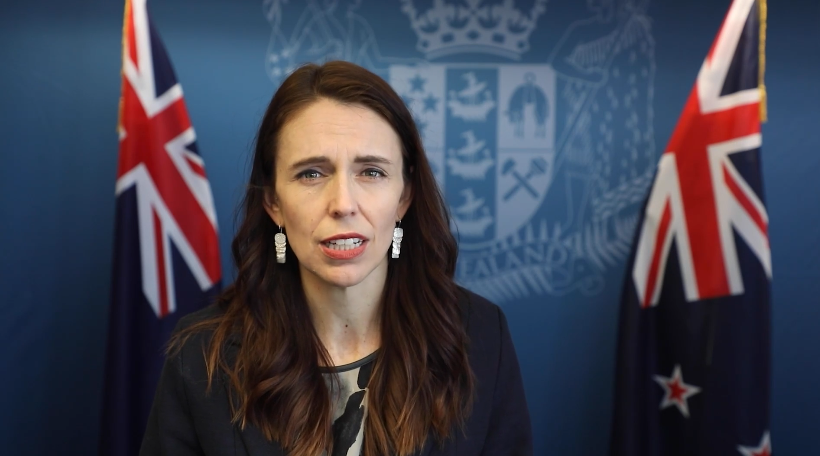
This was our biggest year yet for new partners trying out the TechChange model.
- 2021 Global Health Practitioner Conference – GHPC is CORE Group’s annual conference. Implementers, academics, governments, donors, UN, private sector, and other community health advocates convene in this multi-day, content rich meeting that features knowledge sharing and skills building sessions, recent evidence on cross-sectoral technical areas, dialogues on community health, and professional networking. (January 27-28)
- Institutionalizing Community Health Conference (ICHC 2021) – In collaboration with USAID, UNICEF, Bill & Melinda Gates Foundation, and The Rockefeller Foundation, ICHC 2021 aimed to renew global commitments to a decade of accelerating primary health care (April 19-22)
- Global Health Science and Practice Technical Exchange (GHTechX) – Curated through a partnership between USAID, the George Washington University, and the Global Health: Science and Practice Journal. (April 21-24)
- Lives In The Balance – Coordinated by Gavi, the Vaccine Alliance and CORE Group, the third summit, TechChange delivered this online conference with speakers including Neneh Cherry, Helen Clark, and Awa Marie Coll-Seck. (May 17-18)
- 2021 DRG Conference – Coordinated with EnCompass, the Democracy, Human Rights, and Governance conference includes breakout sessions designed, led, and attended by USAID staff in the field Missions and Washington D.C, and included USAID partners. The final day consists of regionally-based meetings co-led with DRG staff in USAID’s Regional Bureaus. (June 21 – July 1)
- Africa Transformation Forum 2021 – More than 600 people in 47 countries gathered to discuss the ways that African countries—and all development stakeholders—can better collaborate to remove barriers to progress and address national priorities through regional solutions. Read the report (July 15)
- Maternal Mental Health Technical Consultation – Hosted by USAID’s MOMENTUM Country and Global Leadership, in collaboration with World Health Organization and United Nations Population Fund, this Jhpiego-led virtual conference brought together members of the maternal, newborn, child health, nutrition, and mental health communities to collaborate and inform the path forward for MMH to ensure that pregnant and postpartum women receive the respectful and nurturing care they need and deserve. (September 7-9)
- USAID’s First Annual Hispanic Serving Institution/Latinx Conference and Career Expo – A three-day event with workshops designed for students, recent graduates, mid-level and transitioning career professionals, job seekers, higher education faculty and staff, and professional and affinity organizations. (October 5-7)
- USAID-HBCU International Development Conference – Co-sponsored by the Harry T. Moore chapter of Black’s in Government, this year’s theme is “Increasing Diversity in International Development” and will include announcements of job opportunities and scholarships for conference participants, as well as networking. (September 15-16)
- Delivering the UN Common Agenda: Action to Achieve Equality and Inclusion – This event launched a flagship report led by the Pathfinder’s Grand Challenge on Inequality and Exclusion (September 23)
- YTH Live Global 2021 – presented by ETR, YTH Live helps executive directors, funders, developers, public health professionals, and students of all ages learn about the latest trends in health, innovation, and technology. (October 4-6)
- Emerging Technologies in Peacebuilding & Prevention – Organized with NYU’s Center on International Cooperation (CIC), this virtual workshop created a space for sharing successes and failures in the applications of emerging technologies in peacebuilding. (December 1-2)
Community Engagement
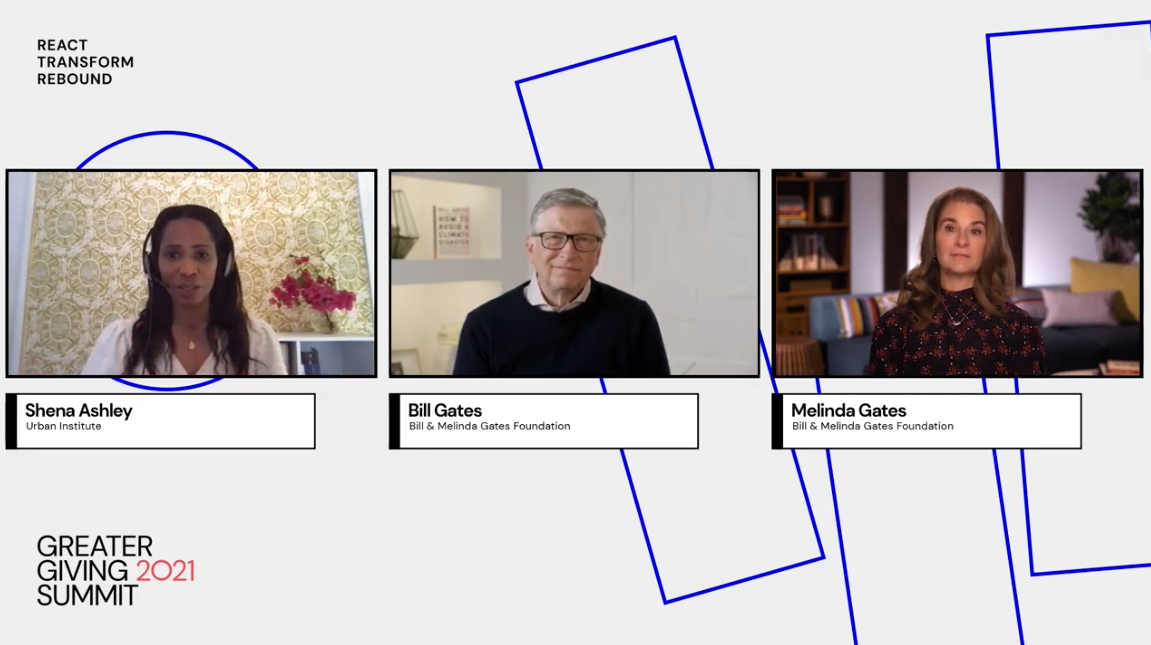
Not all global events are open to the public — some are about building up skills and networks within a community. These are a few of the events that we were proud to support.
- Land Innovation Fund Launch Event – Supporting Chemonics and USAID in a two-hour launch event with simultaneous interpretation in Brazilian Portuguese and Spanish (January 26)
- Greater Giving Summit – the Giving By All team hosted a four-part virtual event which took place monthly from February to May, bringing together over 200 leaders from around the world to improve charitable giving by everyday donors. Archive. (February 23 – May 18)
- Combat Malaria in Africa: Lessons and Opportunities – Organized by GBCHealth and CAMA, this event brought together 250 partners including representatives from private sector, government, civil society, academia, and more to share lessons learned and launch the CAMA partners’ “End Malaria Project.” (April 22)
- Self-Care Learning and Discovery Series – Hosted by White Ribbon Alliance (WRA) on behalf of the Self-Care Trailblazer Group (SCTG), the series presented new knowledge, elevate self-care solutions, forge connections across issues and geographies. (June 29 – August 26)
- The Mandela Washington Fellowship Summit 2021 – The signature, culminating event of the Fellowship that provides a unique opportunity for Fellows to connect and learn from current Fellows, Fellowship Alumni, and prestigious guests from U.S. institutions with an interest in Africa. (August 3-4)
- CALA Leadership Forum – The Centre for African Leaders in Africa is an initiative of the Alliance for a Green Revolution in Africa (AGRA) and kicked off a 16-month Advanced Leadership Programme, launched in collaboration with implementing partners including the African Management Institute (AMI) and USAID’s Policy LINK (August 16-18)
- AmeriCorps State and National Symposium 2021 – The annual grantee Symposium is a critical element in the AmeriCorps monitoring and oversight plan. During this internal event, AmeriCorps Agency staff will provide training on essential program functions as well as updates regarding AmeriCorps policies, administration, and financial grants management requirements for the upcoming funding cycle. (September 20-23)
- 2021 Global Health Leaders’ Meeting – Funded by USAID, GHLM is a 5-day summit detailing leadership and management topics, with high-level discussions, policy updates, and interactive workshops specifically designed for those working at USAID in Global Health. (September 13-17)
- USAID/OHA’s 3rd Annual Local Partner Meeting – Hosted by USAID’s Office of HIV/AIDS with support from the Accelerating Support to Advanced Local Partners (ASAP) program. (November 1-5)

